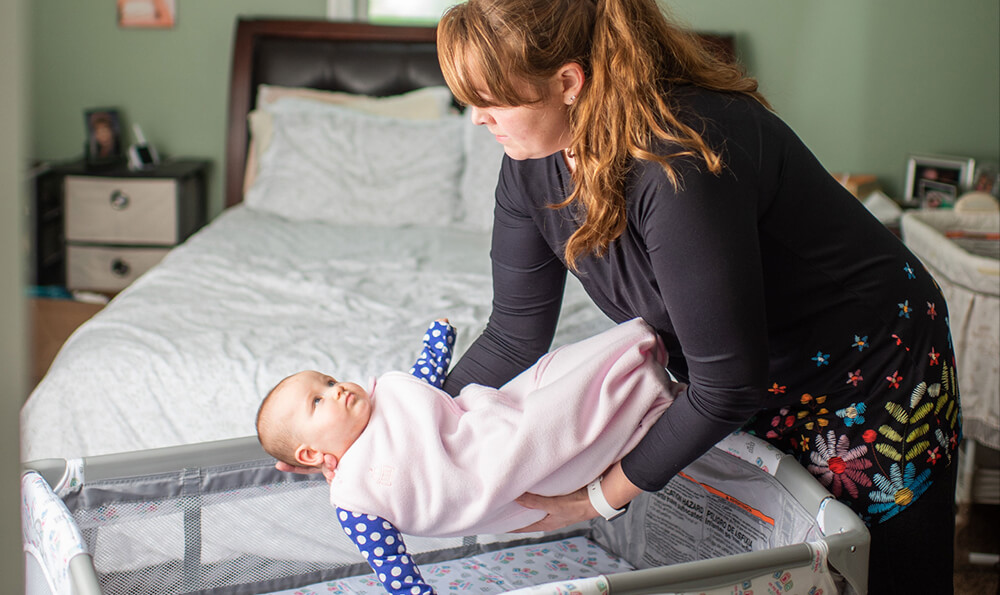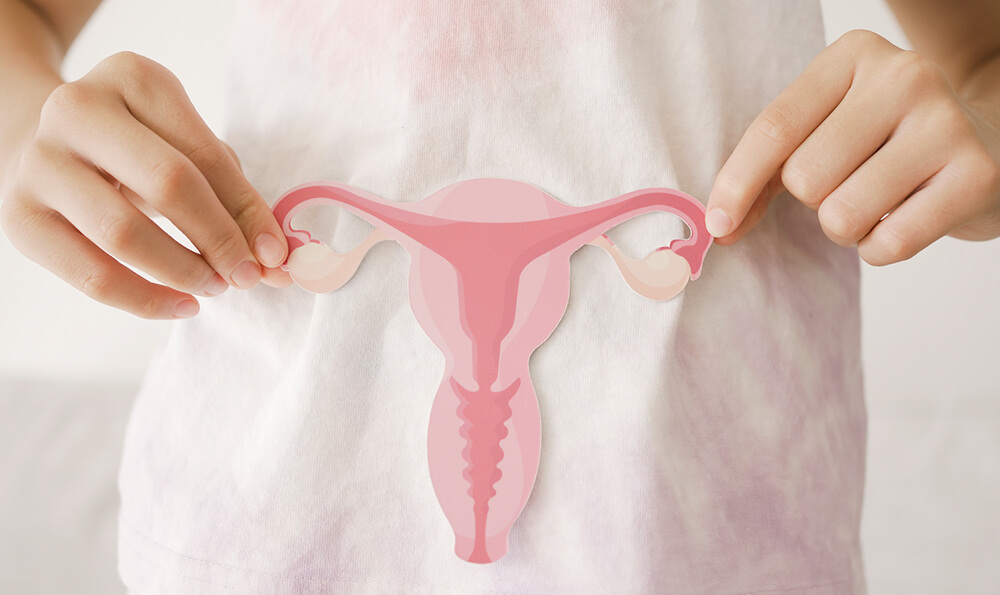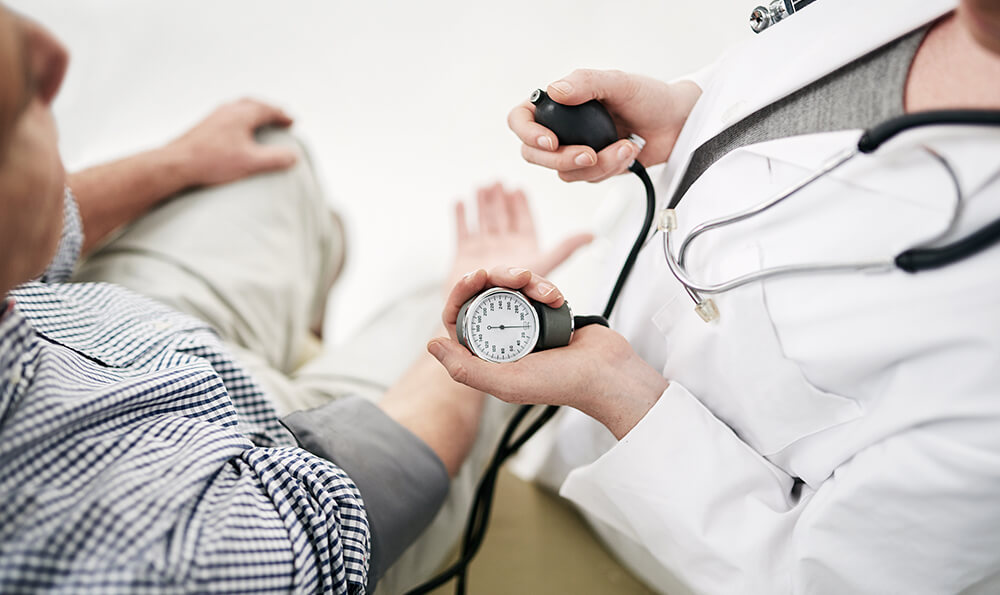Health & Wellness
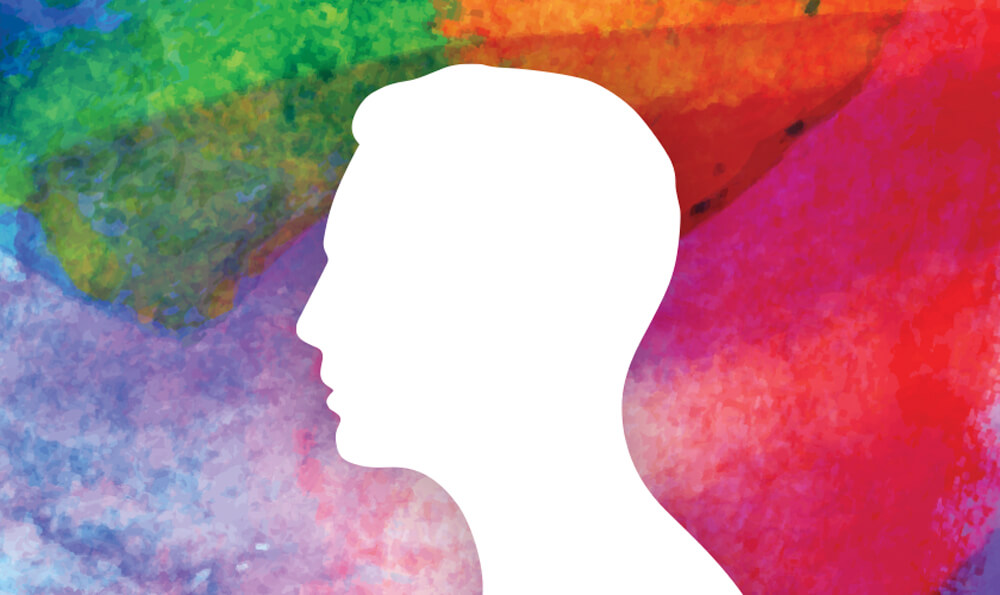
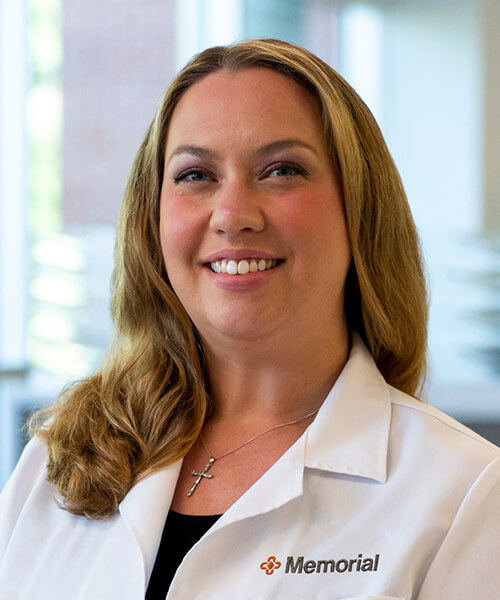 For over 10 years, Dr. Linda Staley has worked as a neurologist, providing comprehensive diagnosis, treatment, and management of diseases of the brain, spinal cord, and nerves for adults. Her goal is to help her patients understand the diagnostics behind their conditions, as well as facilitate discussions with them on how lifestyle choices can affect the intensity of symptoms.
For over 10 years, Dr. Linda Staley has worked as a neurologist, providing comprehensive diagnosis, treatment, and management of diseases of the brain, spinal cord, and nerves for adults. Her goal is to help her patients understand the diagnostics behind their conditions, as well as facilitate discussions with them on how lifestyle choices can affect the intensity of symptoms.
Dr. Staley’s areas of focus include:
- Dementia/Alzheimer’s disease
- Parkinson’s disease
- Recurring headaches
- Concussions
- Epilepsy
- Multiple sclerosis
- Neuropathy
- Strokes
- Botox injection services for migraine sufferers
Types of Dementia
• Alzheimer’s disease
• Vascular dementia
• Lewy body dementia
• Mixed dementia
• Frontotemporal dementia
• LATE-NC dementia
Did you know?
There is a link between hearing loss and dementia. A study by John Hopkins Medicine found that untreated hearing loss can be linked to early signs of dementia. Our experts can help – learn more about hearing loss and hearing aid selection with our Five-Step Checklist.
Q: What is the difference between Alzheimer’s disease and dementia? Are they both diagnosed and treated the same?
A: Dr. Staley – This is probably the most common question we are asked when we see a patient for a cognitive assessment.
Dementia is not one specific disease. Rather, it is an umbrella term for a set of symptoms caused by physical disorders affecting cognitive (thinking) impairment.
The symptoms of dementia include:
- Memory loss, both short-term and long-term,
- Difficulties with thinking, problem-solving, or language that are severe enough to reduce a person’s ability to perform everyday activities, and
- Changes in mood or behavior.
Alzheimer’s disease is a specific kind of dementia, accounting for 60 to 80% of all diagnoses. The symptoms for Alzheimer’s disease mostly overlap with other types of dementia, but there can be some differences.
Additionally, there are other kinds of dementia, too, and each of these have their own set of criteria that need to be met to make a diagnosis. A treatment that works for one type of dementia may not be effective for another type, because of the differences in symptoms, affected areas of the brain, and possible causes. Our team evaluates each patient and their symptoms and provides a treatment plan personalized for them.
If you have been diagnosed with dementia, it’s important to live a brain-healthy lifestyle and take appropriate treatments so you can live as well as possible.
Q: If I have memory loss, does this mean I am getting dementia?
A: Dr. Staley – Patients are often very concerned that their memory loss means they have dementia. But, there’s more to dementia than memory challenges.
If you are experiencing difficulties with your memory, it may not be a sign of dementia. Instead, you may be experiencing memory loss as a part of normal aging. But when patients are concerned, we always look at a patient as a whole person, which means we look at factors that can contribute to cognitive impairment that may not be related to dementia at all. These can include things such as nutrition, sleep, mental health, chronic pain, and others. We can find strategies that can help, and might even reverse, memory loss associated with these factors. Our overall goal would be to protect your brain and improve your memory.
Q: What can I do to make my brain healthy and keep dementia away?
A: Dr. Staley – While we cannot modify every risk factor, such as age and genetics, we should feel empowered to take control of our brain health!
This means reducing risk for dementia by:
- exercising and challenging our brains
- staying physically active and exercising our bodies
- getting enough rest
- following a healthy diet
- staying socially connected and building on relationships
- avoiding tobacco and other vascular risk factors
- managing our overall mental health
A diagnosis of dementia requires a comprehensive assessment that rules out other possibilities. Patient appointments for dementia or other neurological conditions can be made by calling (937) 578-2020.

